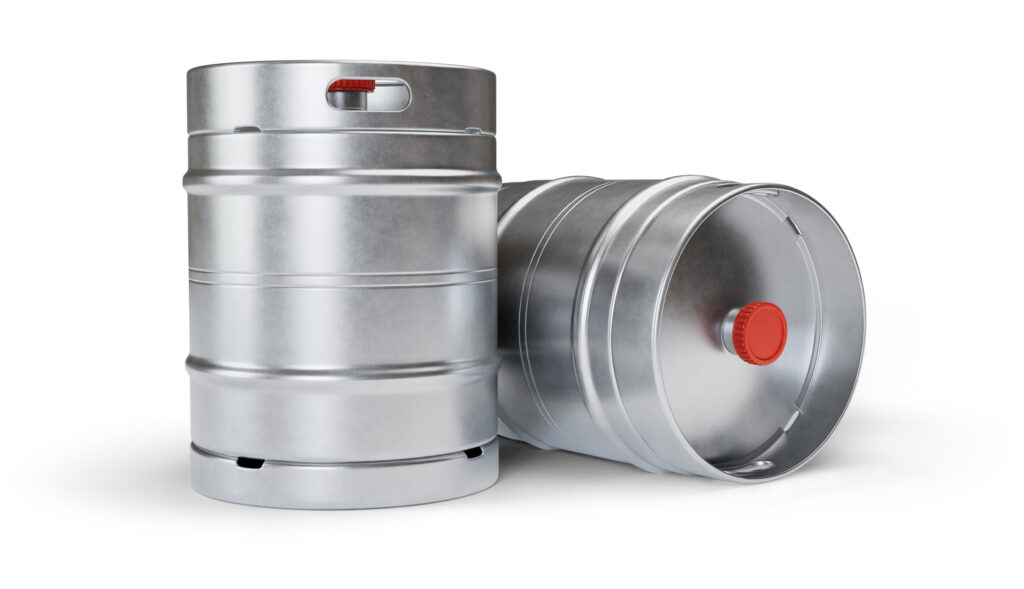Business leaders tout tax credit benefits following Common Good report

MICHAEL CRUMB Feb 23, 2021 | 5:43 pm
3 min read time
729 wordsAll Latest News, Economic Development, Government Policy and LawIowa companies received nearly $70 million in state Research Activities Tax Credits in 2020, according to a report from the Iowa Department of Revenue. That’s an increase of 43% since 2010.
Common Good, a nonprofit, nonpartisan organization created by the merger of the Iowa Policy Project and Child and Family Policy Center, issued a report recently that suggested the state money doled out in Research Activities Credits would be better used to support education in Iowa.
Some business leaders said the credit, generally claimed by manufacturing and information technology companies, is necessary to offset the state’s low corporate tax ranking nationally and to keep the state competitive.
The report came as state lawmakers approved a 2.4% increase in per-pupil spending for education. The measure is now awaiting Gov. Kim Reynolds’ signature. The plan would increase per-pupil spending by $179 million and bring the state’s total budget for schools and area education agencies to nearly $3.2 billion next year.
In its report, Common Good said “very large businesses” took 73% of the Research Activities Credit, or just more than $50 million, in 2020.
“Over the last 11 years, this unaccountable program has given away nearly $665 million — 72 percent of it in checks to companies that pay no state income tax,” Mike Owen, deputy director of Common Good Iowa, said in the report.
Owen said the program lacks transparency and subsidizes companies that would otherwise do research without the state money.
“By contrast … state legislative leaders have reached agreement on another stagnant year of funding for public schools in Iowa,” Owen said.
The organization’s report on Feb. 16 came a day after the Iowa Department of Revenue released its 2020 annual report on Research Activities Credits, the state’s largest business tax credit program.
In the revenue department’s report, it lists the 28 companies that received tax credits from the program in 2020.
Raytheon Technologies Corp. received the largest at about $10.2 million. Deere & Co. came in second at about $8.6 million, and John Deere Construction was third on the list at $4.2 million. They were followed by Poet Biorefining LLC at nearly $2.89 million and Elite Octane LLC at nearly $2.4 million.
The credit, which mirrors a federal tax credit, is claimed when a company files its taxes. It either offsets a company’s tax liability or, if the company’s tax liability is less than the credit, they would receive the difference in a refund. It does not have to be tied to a specific project.
Joe Murphy, executive director of the Iowa Business Council, a nonpartisan, nonprofit organization made up of leaders from the state’s 22 largest companies, said support of the Research Activities Credit is critical to the state’s efforts to attract and retain top talent.
“Research and development comes with significant financial uncertainty,” Murphy said in an emailed statement. “This risk is mitigated by the refundable aspect of the state’s Research Activities Credit. Additionally, this program offsets the state’s uncompetitive corporate tax climate, allowing companies and their employees to develop technologies and position Iowa as a global innovation leader.”
He cited the Business Council’s annual Competitive Dashboard, which ranked Iowa 46th nationally on the corporate tax index.
“Until we modernize our tax system with competitive rates and rules that promote growth across Iowa, we must rely upon programs like the Research Activities Credit to compete nationally,” Murphy said.
J.D. Davis, vice president of public policy for the Iowa Association of Business and Industry, said that while he understands some may want to “juxtapose the [tax] credits with the levels of education spending, Iowa tax policy serves two main purposes.”
He said the first is to generate revenue to support government services. The other, Davis said in an emailed statement, “is applied to modify the behavior of the taxpayer by providing incentives and disincentives to taxpayers and eliciting a preferred behavior.”
“Current tax policy in Iowa has been developed to draw the research functions of Iowa taxpayers to Iowa by removing the taxation from those functions,” Davis said.
Staci Hupp Ballard, chief strategic communications officer for the Iowa Economic Development Authority, called the Research Activities Credit “one of the most impactful tax credits we have.”
“We want to bring [research and development] into the state, and these are high-paying jobs, so it’s a really good incentive that’s tied to bolstering innovation and technology,” she said.










